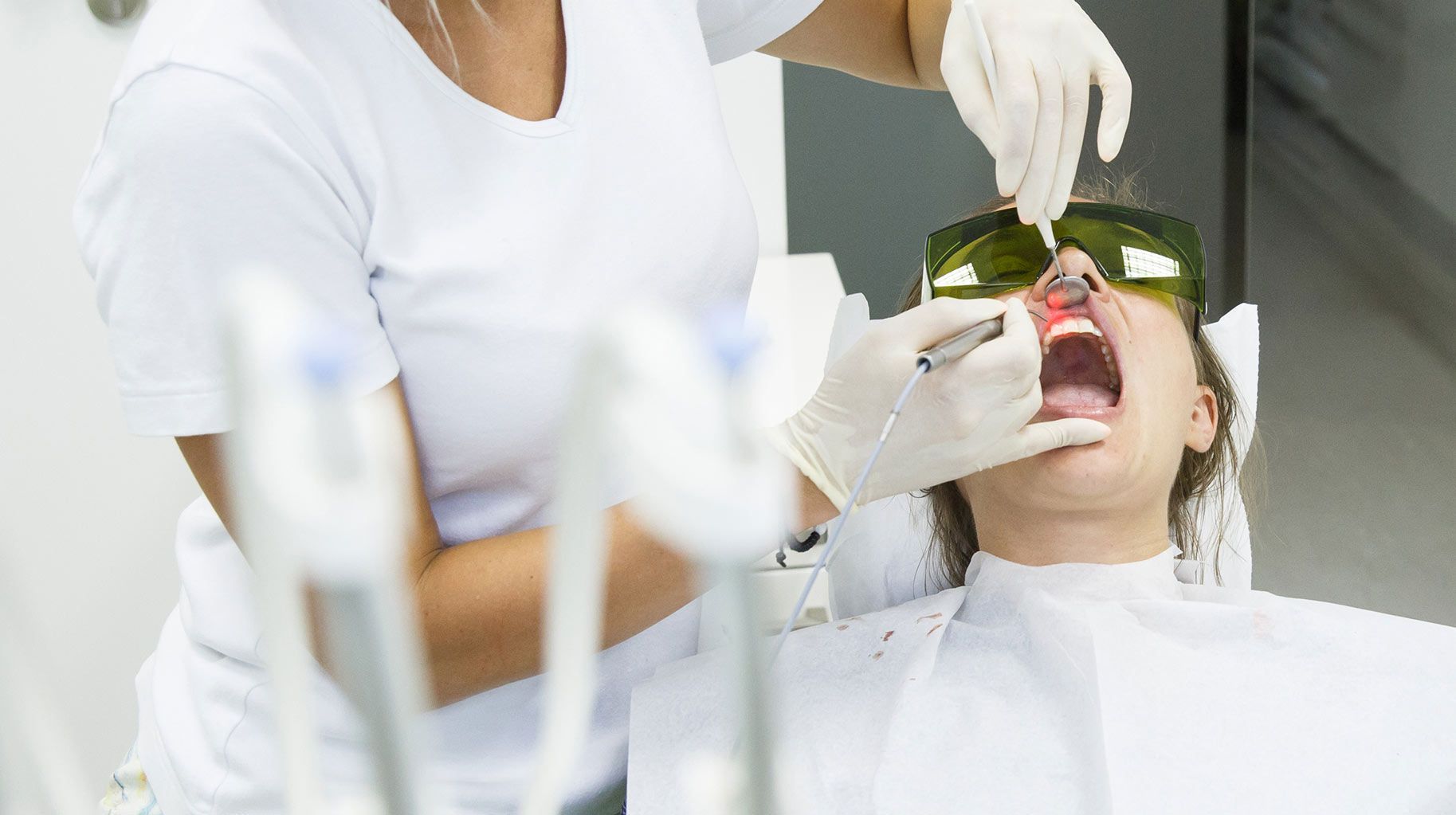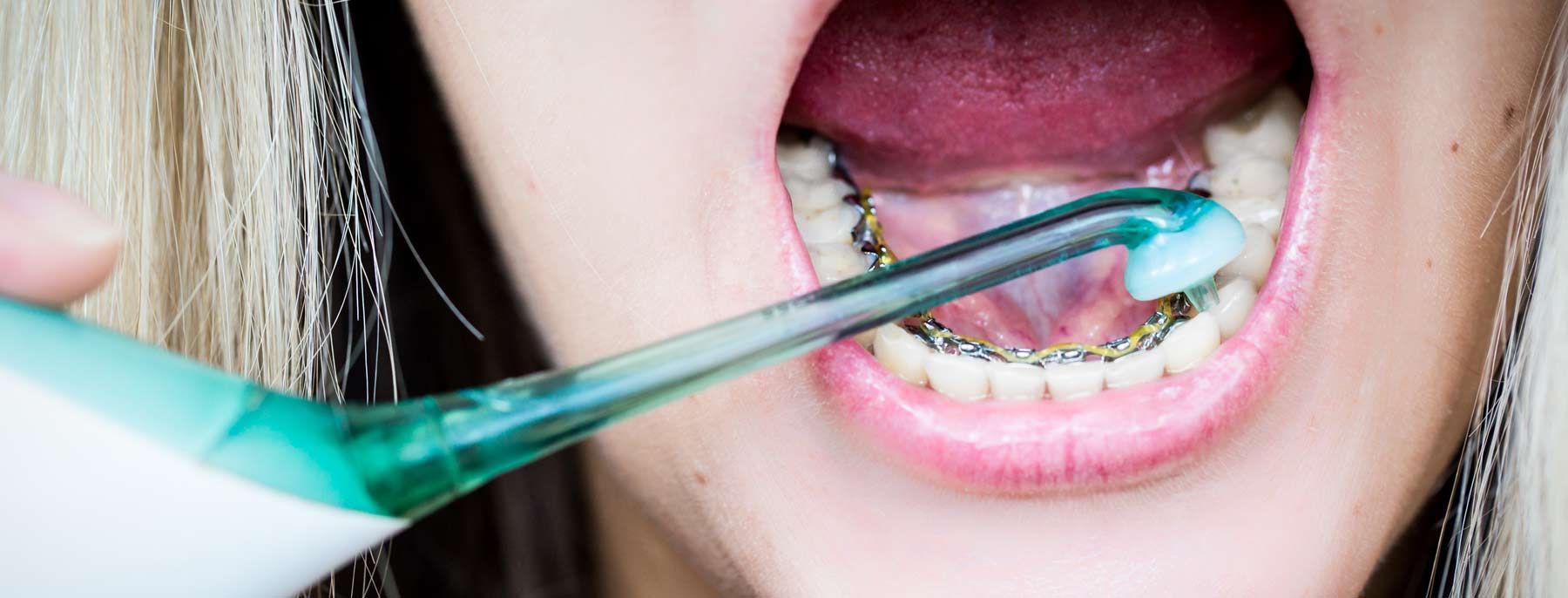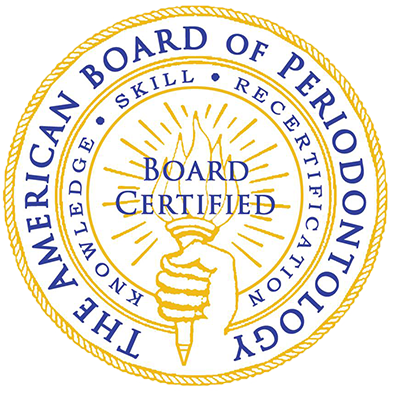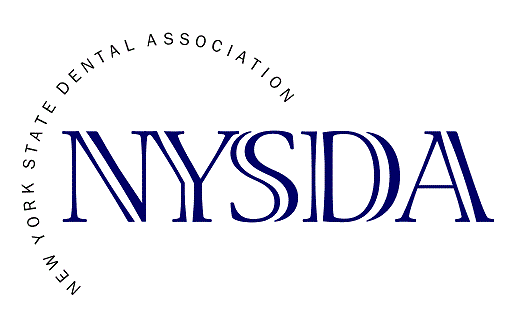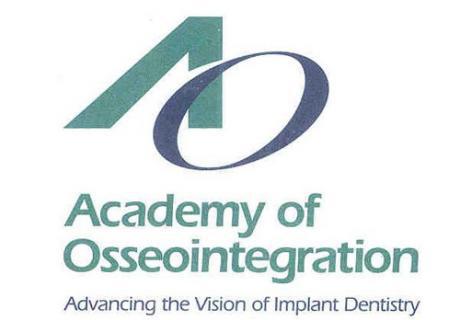Is Chewing Gum Bad for Oral Health?
If you choose to chew gum, always pick the sugar-free kind, so you do not pose a risk to your teeth by drenching them in sugar for the duration of your gum.
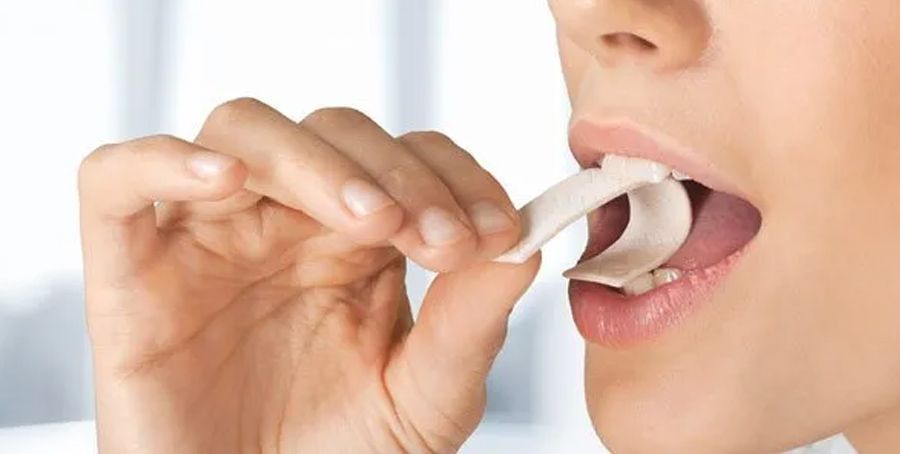
Learn About The Effects of Chewing Gum on Oral Health from Dr. Stephanie Sfiroudis, Leading Nassau County Periodontist
Chewing gum is actually the world's most common habit. Evidence has been found that people have been chewing gum since ancient times, and the basic process of manufacturing gum has hardly changed since the late 1800s. Currently, the average amount of money spent in America on chewing gum each year is around 2 billion dollars.
Many people chew gum as a breath freshener, a snack, or because of the distraction it provides. Some people use gum for stress relief or even as a tool to try to reduce how much they eat. People have found chewing gum to be relaxing and comforting as well. For some, it relieves muscle and nerve tension. However, if you chew gum on a regular basis, is this bad for your oral health?
You can hardly check out of a store or pharmacy without running into a wide variety of chewing gums for sale. It is an American favorite, with the average American chewing 1.8 pounds of it every year.
It may be assumed that gum, like other candy, can do a lot of damage to your oral health, but the truth is that while there are some possible downfalls, there are also some oral health benefits to chewing gum.
THE BAD:
Chewing Gum Can Trigger TMJ in Your Jaw
Chewing gum causes the jaw muscles to become imbalanced if you tend to chew your gum on one side of your mouth more than the other. This may result in TMJ, which is a joint disorder in the jaw that is not only painful but also chronic. Whenever you use a specific set of muscles too often, it may lead to pain, headaches, toothaches, earaches, and contracted muscles over time.
Tooth Damage
If your gum has sugar in it, you are essentially drenching your teeth and gums in sugar while you chew it. This can not only contribute to tooth decay but also dental erosion. Even sugar-free gum can pose risks to your oral health because sugar-free gum contains acidic flavorings that also lead to dental erosion. While cavities are one dental problem you want to avoid, dental erosion is a completely different process of decalcification that happens in increments, which dissolves your teeth over time.
While there are a few reasons why chewing gum can be damaging to your oral health, in some cases, it may be beneficial.
THE GOOD:
Sugar-Free Gum Can Help Clean Teeth
Some studies have revealed that chewing sugar-free gum after eating can help to clean off and neutralize any acids that have been released by bacteria contained in plaque, which is damaging to tooth enamel. Chewing, in addition to the sweetener flavorings, stimulates the normal rate of saliva flow by ten times, which helps to neutralize acids and rinse away excess food particles.
Some Gum Can Harden Tooth Enamel
Some companies that produce gum are starting to add an ingredient into their gum called casein phosphopeptide-amorphous calcium phosphate, shortened to CPP-ACP. This ingredient is commonly trademarked by the name Recaldent and is known to add missing minerals back to the teeth as well as strengthen tooth enamel. This helps to make your teeth stronger and better fit to fight tooth decay.
Xylitol Can Reduces Decay
Sugar-free gum that is sweetened with xylitol inhibits the growth of one oral bacterium that can result in cavities called Streptococcus. However, with xylitol, this bacteria loses its ability to stick to the teeth, which prevents it from eating away at the enamel. If your teeth are exposed to xylitol over time, the mouth's bacteria change, preventing fewer bacteria that cause decay to survive on the surface of the teeth.
So, while there are some downfalls to chewing gum, it is probably better for your oral health to satisfy your craving for sweets with sugar-free gum than with hard candy. Sugar-free gum is much more likely to protect your teeth from cavities while also providing you with a sweet fix. The next time you are craving a sweet treat, try a piece of sugar-free gum that may have the potential to fight cavities and even strengthen your enamel.
The habit of chewing gum will not be going away anytime soon. If you choose to chew gum, always pick the sugar-free kind, so you do not pose a risk to your teeth by drenching them in sugar for the duration of your gum.
Please contact Dr. Stephanie Sfiroudis for a free consultation regarding any questions or concerns about your periodontal health.

